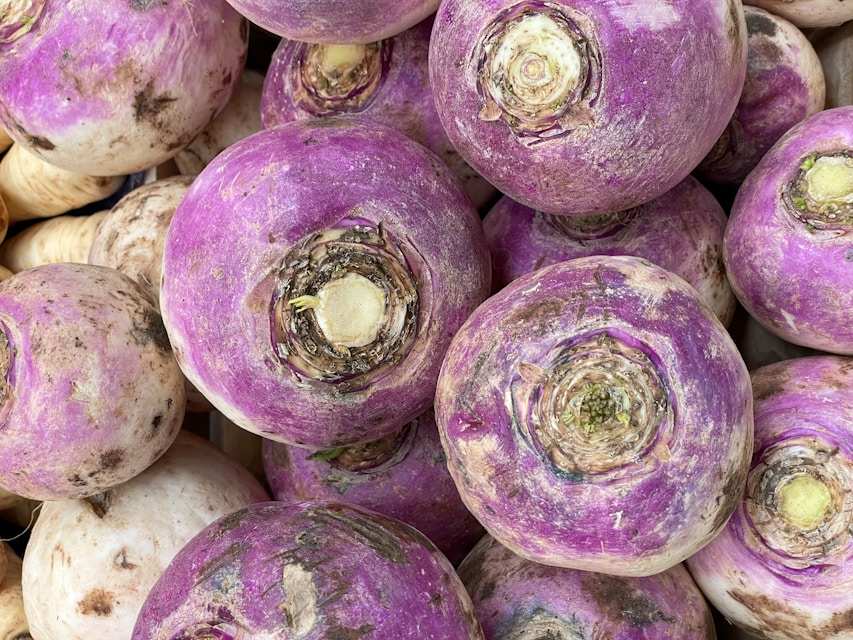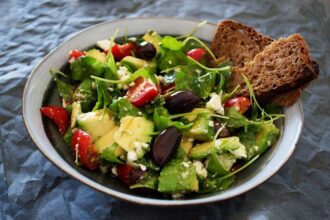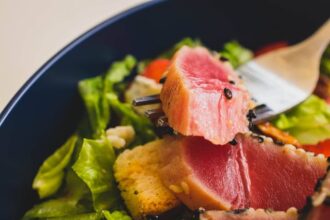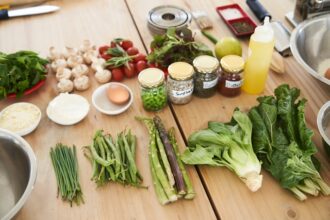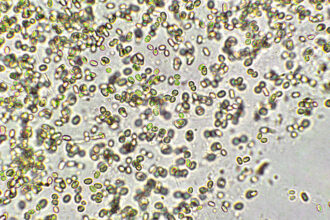A collaborative team of researchers from Russia, China, and India has unveiled how specific components found in fruits and vegetables can inhibit tumour growth, halt the development of cancerous cells, and impede the division of these cells. The team isolated 30 specific compounds from various vegetables and fruits to achieve these insights and embarked on an extensive experimental journey. Utilizing computer simulations, they meticulously analyzed how certain groups of these substances interact with cellular proteins. The findings, detailing the nature of these compounds and the outcomes of their studies, were published in the esteemed journal Scientific Reports.
Grigory Zyryanov, a prominent figure at Ural Federal University and a Russian Academy of Sciences professor, highlighted the importance of understanding how these dietary compounds impact cell proteins for cancer prevention and treatment. Through molecular modelling, the team observed the binding processes of these substances to proteins, which paved the way to identifying therapeutic targets for future drug development. These targets include proteins that either prevent or promote cell death (apoptosis), protein kinases, and, notably, phosphatidylinositol-3-kinase – a critical enzyme implicated in cancer mutations and gene amplification.
The research spotlighted nine dietary substances, including silibinin, flavopiridol, oleandrin, ursolic acid, oleanolic acid, alpha and beta-boswellic acids, triterpenoid, and guggulsterone, for their significant anti-cancer capabilities across various cancer types. These substances and the enzymes they affect are predominantly found in non-starchy vegetables like broccoli, cabbage, spinach, kale, cauliflower, carrots, lettuce, cucumber, tomato, leek, rutabaga, and turnip. The study also underscores the role of natural compounds, such as alkaloids and flavonoids, in cancer prevention and treatment.
The team explained that combating specific cancer types might require unique natural substances or synergistic combinations. For instance, resveratrol and pterostilbene effectively target breast cancer metastases, while indole-3-carbinol offers broad antitumor activity and protective effects against several cancers, including breast, colon, and cervical cancers.
Zyryanov also reflected on the traditional beliefs in India and China regarding the medicinal potential of natural substances, which formed the basis for their hypothesis that the selected foods possessed anti-cancer properties. Their research confirmed this hypothesis, demonstrating that certain food compound combinations can effectively disrupt the progression of cancer cells.
This groundbreaking study has identified several promising compounds for future research, laying the groundwork for developing new, more effective drugs designed to target cancer cells with minimal side effects precisely.
Zyryanov shared that this research is part of a years-long endeavour with colleagues from China and India, producing significant findings. The collaboration between their institutions continues to yield positive outcomes, with plans for more comprehensive studies that will explore the properties of additional dietary compounds.
The research team comprised chemists from Ural Federal University, the Institute of Organic Synthesis of the Ural Branch of the Russian Academy of Sciences, Shantou University Medical College in China, and Sri Venkateswara University in India, highlighting a remarkable international collaboration in the fight against cancer.
More information: Baki Vijaya Bhaskar et al, Molecular insight into isoform specific inhibition of PI3K-α and PKC-η with dietary agents through an ensemble pharmacophore and docking studies, Scientific Reports. DOI: 10.1038/s41598-021-90287-3
Journal information: Scientific Reports Provided by Ural Federal University


